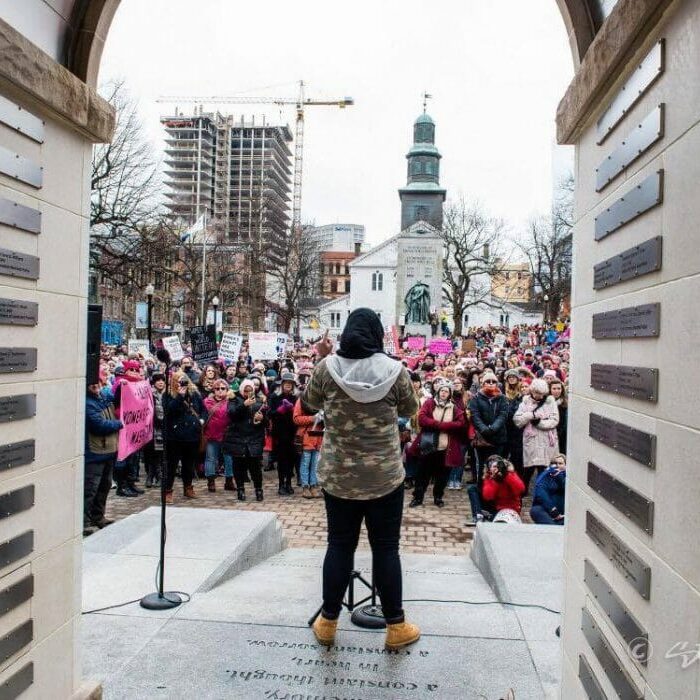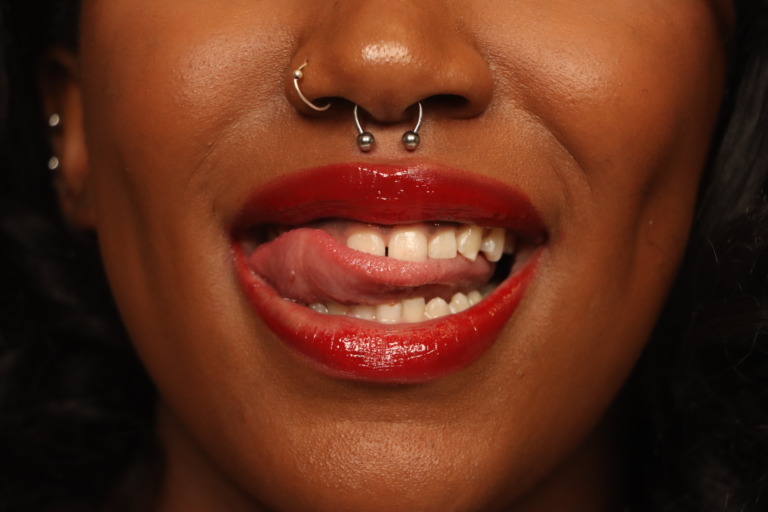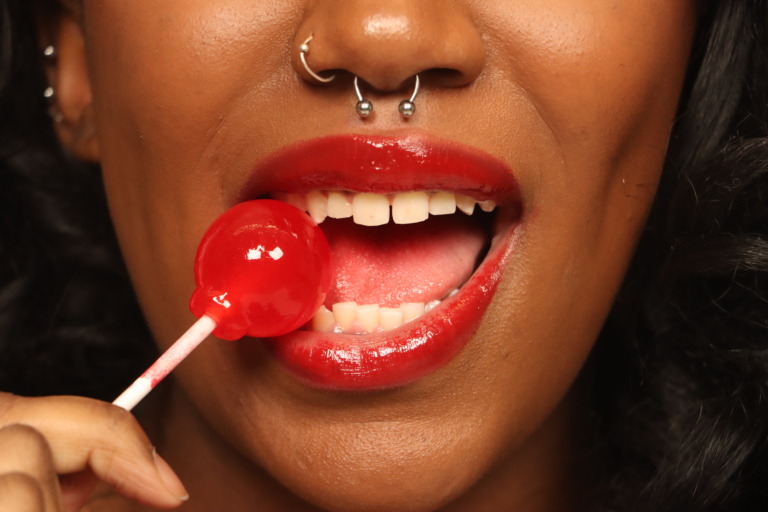
The product of an immigrant
Dear residents of the land I was born in and have lived in, why do you think I am mistaken in calling it my home alongside with you?
I am from Canada. A statement that can be made so easily by most who say it, but not for all. When I say it, a sense of disbelief forms around those who listen, but not all.
Dear residents of the land I was born in and have lived in, why do you think I am mistaken in calling it my home alongside with you? “Are you sure? Are you sure you’re Canadian?” Well my birth certificate says so, this is the only land I have ever known, yet it is so hard for people to believe me.
The term alienation comes to mind, it seems my fellow Canadians tend to alienate me from the right to even call this land home. Growing up with immigrant parents, it became obvious to me that I would constantly have to defend my right to call myself a Canadian. To most, all I am is a product of an immigrant.
My parents came here in the 70s, to a land that was accepting of them because it had realized that immigration is what has built this country, and in my opinion, continues to do so. They worked long hours to put food on the table for my brother, my sister and me.
But their struggle wasn’t acknowledged; in fact, it was stigmatized. Kids used to question me asking why my dad talked so funny or why it was my mom had an accent, questioning her legitimacy to be an English teacher. To this day I don’t hear the accent in my mother’s speech or understand what makes my dad sound so funny. To me, their voices are of comfort, love and support – but not to all.
Getting stared at, being given back handed comments like, “You’re such a beautiful girl, you look nothing like you father,” are statements that remind me of the negative connotation that goes along with my father’s copious amounts of melanin. These instances taught me that when you grow up in this society and you look different, even if you don’t see it yourself, everyone else does, and they do.
People look at me in shock when they hear me speak English, “Wow, you speak such great English, where’d you learn?” My response to ignorant statements usually go like, “I learned English here, where did you learn?” Stunning them as if they were a mosquito that has had the misfortune to have mistook a bug zapper for a light.
“So where are you from?”
I’m from Canada, I was born in Halifax, Nova Scotia.
To which the reply is, “No, like, where are you actually from? Like, where are your parents from?”
Alright, well, you wanted to know, so I’ll give it to you: “They are from Afghanistan.”
“Oh so you’re Afghanistani not Canadian.”
Do I freak out? The proper term is Afghani! Do I tell them I’m offended? Nope, so I question them: “Sure you can say that, but might I ask where you’re from?” To which they respond “Oh I’m from Canada, can’t you tell?”
Nope, I can’t tell, who can? The only people who actually “look” Canadian are the indigenous peoples of Canada. So again I ask: “But where are your parents from? Grandparents?” I eventually go down a long line of ancestors.
“On my mom’s side, I’m Irish, and my dad’s sides, Dutch.”
I respond: “So you’re Dutch and Irish, that’s cool.”
Only to hear them say: “I just told you I was Canadian.”
But I, for some reason, am not. To them, I’m only the product of an immigrant.
I’ve come to learn that society will judge you based on your skin, your features and if you cover your hair. So I ask society: are these the factors that determine my character? My parents took their time out to instill values in my siblings and me: values of hard work, truthfulness, kindness and resilience. If I was a person of no values, I would understand why people would question, but because I am a person of values, it make no sense.
As I carry myself through this world, I try with each and every inch of my being to spread messages of love and kindness, to help those who are in need and to give to those who need it more than me.
This is what it means to be a product of an immigrant.
To be resilient, to be kind, to love, to see the similarities in our differences, to uses these differences to our advantage, to be proud of our beginnings.
This is what it means to be a product of an immigrant.






